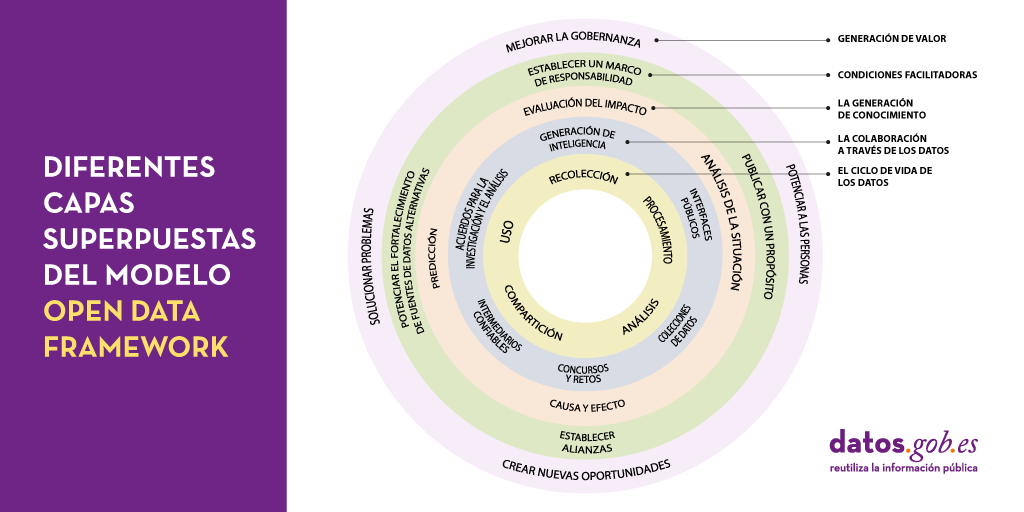13 posts found
Altruistic projects to create AI models in co-official languages
Artificial intelligence (AI) assistants are already part of our daily lives: we ask them the time, how to get to a certain place or we ask them to play our favorite song. And although AI, in the future, may offer us infinite functionalities, we must not forget that linguistic diversity is still a pe…
Federated machine learning: generating value from shared data while maintaining privacy
Data is a fundamental resource for improving our quality of life because it enables better decision-making processes to create personalised products and services, both in the public and private sectors. In contexts such as health, mobility, energy or education, the use of data facilitates more effic…
ALIA and foundational models What are they and why are they key to the future of AI?
The enormous acceleration of innovation in artificial intelligence (AI) in recent years has largely revolved around the development of so-called "foundational models". Also known as Large [X] Models (Large [X] Models or LxM), Foundation Models, as defined by the Center for Research on Foundation Mod…
PET technologies: how to use protected data in a privacy-sensitive way
As organisations seek to harness the potential of data to make decisions, innovate and improve their services, a fundamental challenge arises: how can data collection and use be balanced with respect for privacy? PET technologies attempt to address this challenge. In this post, we will explore what…
Data Sandboxes: Exploring the potential of open data in a secure environment
Data sandboxes are tools that provide us with environments to test new data-related practices and technologies, making them powerful instruments for managing and using data securely and effectively. These spaces are very useful in determining whether and under what conditions it is feasibl…
The future of privacy in a world dominated by open data
In the era dominated by artificial intelligence that we are just beginning, open data has rightfully become an increasingly valuable asset, not only as a support for transparency but also for the progress of innovation and technological development in general.
The opening of data has brought enormou…
Common misunderstandings in data anonymisation
Data anonymisation is a complex process and often prone to misunderstandings. In the worst case, these misconceptions lead to data leakage, directly affecting the guarantees that should be offered to users regarding their privacy.
Anonymisation aims at rendering data anonymous, avoiding the re-ident…
Peeling the onion of open data governance
One of the key actions that we recently highlighted as necessary to build the future of open data in our country is the implementation of processes to improve data management and governance. It is no coincidence that proper data management in our organisations is becoming an increasingly complex and…
The importance of anonymization and data privacy
We are in a historical moment, where data has become a key asset for almost any process in our daily lives. There are more and more ways to collect data and more capacity to process and share it, where new technologies such as IoT, Blockchain, Artificial Intelligence, Big Data and Linked Data play a…
Laboratories for innovation in data management
Current approaches to public policy-making that respond quickly to changing trends in technology are too often unsuccessful. Policy makers are often pressured to develop and adopt laws or guidelines without the evidence needed to do so safely and without the opportunity to consult affected experts a…









